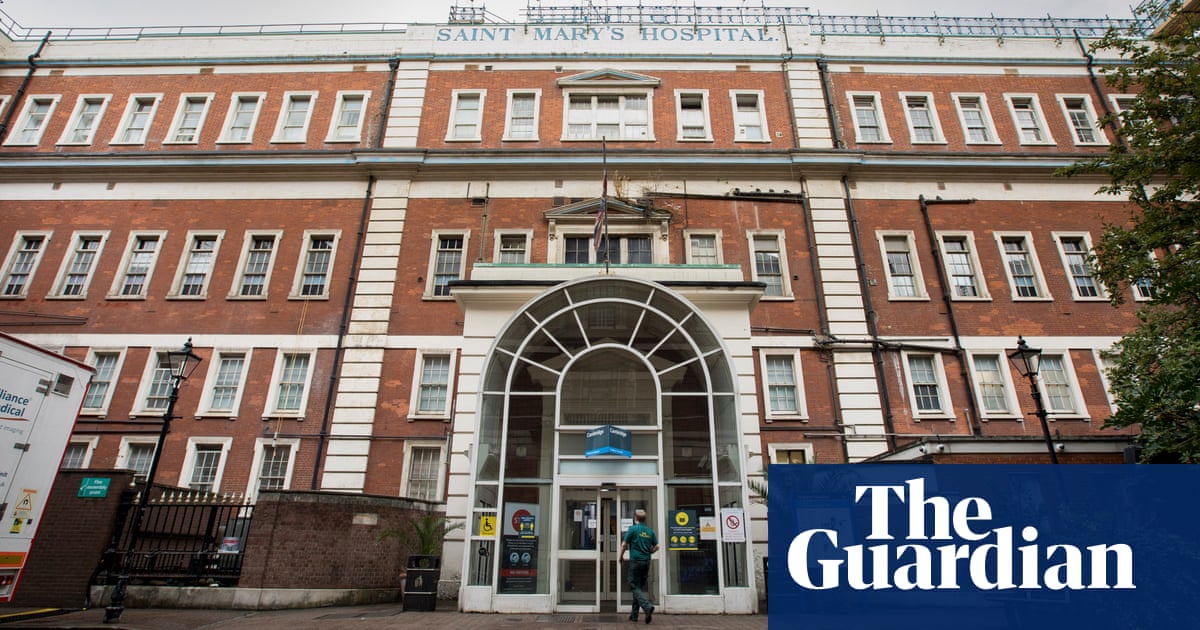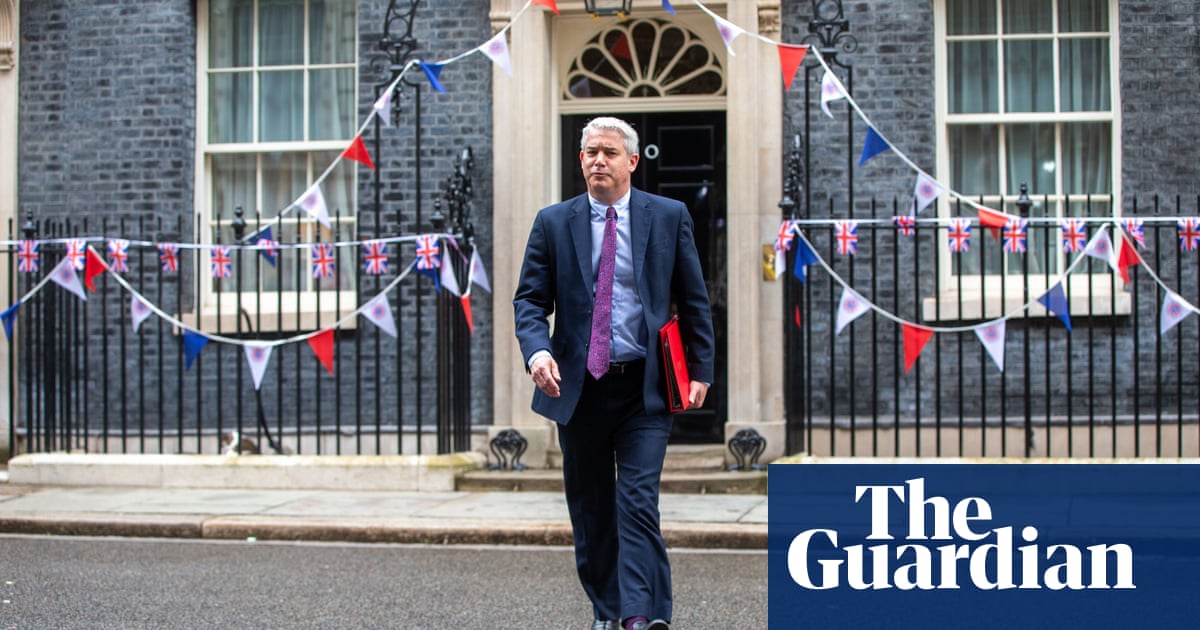
A promise to ensure that people with severe asthma and smokers who want to quit can get the drugs they need has been broken by ministers and the NHS, a health service report reveals.
Health charities criticised the persistent lack of access to vital medications for patients in England as very worrying and warned that it could damage the health of those affected.
In 2019 the Department of Health and Social Care (DHSC), NHS England, Association of the British Pharmaceutical Industry (ABPI) and makers of branded medicines signed an agreement, called the voluntary scheme, to increase the number of patients able to obtain cost-effective medicines on the NHS.
It covered five key areas of disease in which receipt of drugs would result in “high health gain”. These were cystic fibrosis, severe asthma, stopping smoking by using the drug varenicline, hepatitis C and atrial fibrillation and thromboembolism, a heart problem. The plan was to ensure that England became one of the best countries in Europe for access to relevant medications.
However, a report which NHS England commissioned – but has not published – shows that while the target has been met for cystic fibrosis and hepatitis C, it has been missed for severe asthma and smokers seeking to quit using varenicline. It compares England’s progress against that in 10 other European countries, including France, Spain and Italy.
“It’s deeply concerning that England languishes near the bottom of the league table for uptake of biologic treatments for severe asthma, the deadliest form of the condition,” said Alison Cook, the director of external affairs at Asthma UK and the British Lung Foundation.
Four in five of the 200,000 Britons with the condition are missing out on drugs because they are not being referred to hospital specialists, she added. However, she welcomed the success in more patients with cystic fibrosis getting medication as “brilliant”.
Varenicline, which is better known as Champix, and is made by Pfizer, was withdrawn from use in the UK in June over concerns about the impurity of its key ingredient.
Hazel Cheeseman, the deputy chief executive of the smoking health charity Ash, said: “The fact that despite setting this as a priority, the NHS has failed to deliver is concerning, and indicates the entrenched problems of getting smoking cessation taken more seriously in the NHS at a time when they are starting to roll out a big programme to increase support for smokers in inpatient, maternity and mental health settings through the [NHS] long-term plan.”
The report, drawn up by the health data analytics firm LOGEX, did not investigate the reasons for the disparities in access between the 11 countries. However, it speculated that “possible factors … may include introduction times, reimbursement policies or national guidelines”, suggesting that NHS England and the National Institute for Health and Care Excellence’s policies may be factors.
Dr Andrew Hill, an expert in the drugs industry at Liverpool University, said that high-profile campaigns to secure better access to drugs for cystic fibrosis and hepatitis C may explain why the pledge has been met for those conditions but not for severe asthma and smokers seeking to quit.
“There was a four-year stand-off between [drugmaker] Vertex and NHS England from 2015 to 2019” when prices for its cystic fibrosis drug Orkambi could not be agreed,” said Hill, a senior visiting fellow in the university’s department of pharmacology and therapeutics.
“During these four years, hundreds of children with cystic fibrosis died without access to the drugs they needed. Families had to form a buyers club to import generic versions of the drug. It was only after intense campaigning that [then] health secretary Matt Hancock finally agreed a confidential deal with Vertex to supply the drugs.”
Similarly, Hill added, the drug company Gilead’s decision to charge $84,000 (£63,000) for its hepatitis C drug again led to patients in the UK setting up buyers clubs to import cheap versions of the medicine. Access improved when NHS England used competitive tenders from hepatitis C drugs, which led to several firms making treatments for the disease lowering prices for their products.
“Patient groups were fighting for access to medicines for heptatitis C and cystic fibrosis for years before this survey started. We have not seen these intense campaigns for the other drugs in the survey. This could explain the differences seen,” added Hill.
Richard Torbett, the ABPI’s chief executive, urged ministers to increase UK spending on drugs, which he said was the lowest among the G7 group of rich nations.
“There has been a concerted effort in the NHS to improve access to new medicines – through initiatives like the accelerated access collaborative. But this report shows there is room for improvement, including for asthma patients,” he said.
“The UK has the lowest proportional investment in medicines of the G7, and other countries are ahead of the game in the way they diagnose and treat conditions. We need to look to their success if we are to improve patient outcomes in the UK,” he added.
A DHSC spokesperson said: “One of our top priorities is improving outcomes for patients with respiratory disease, and the NHS is rolling out tobacco dependence treatment services, on top of local authority services to help more smokers get support.”












